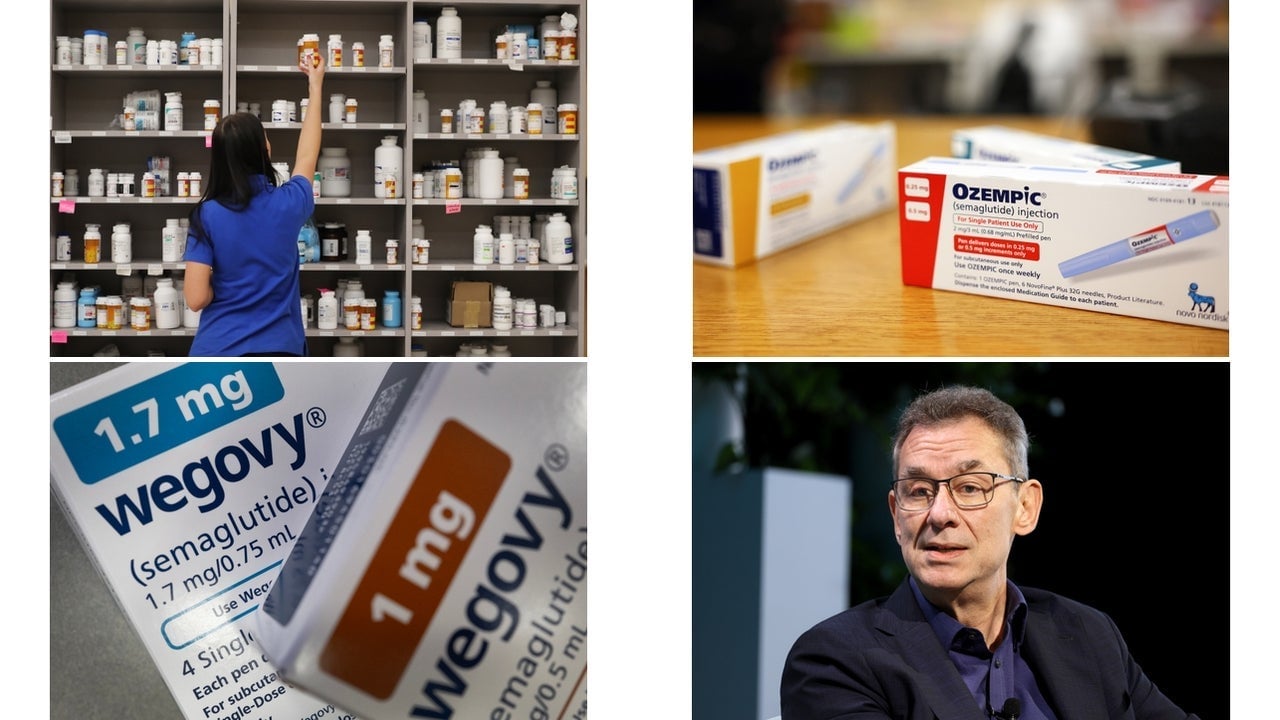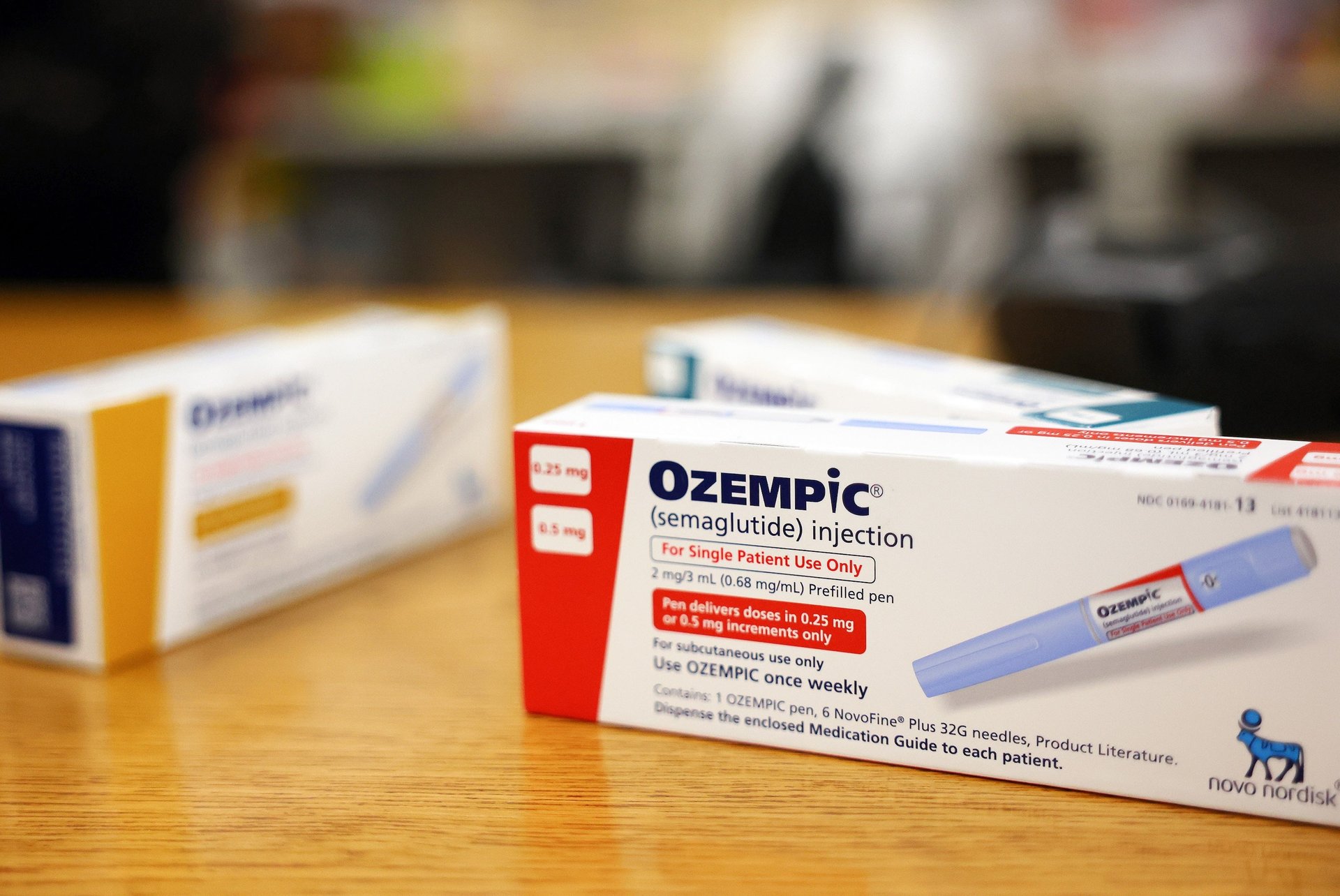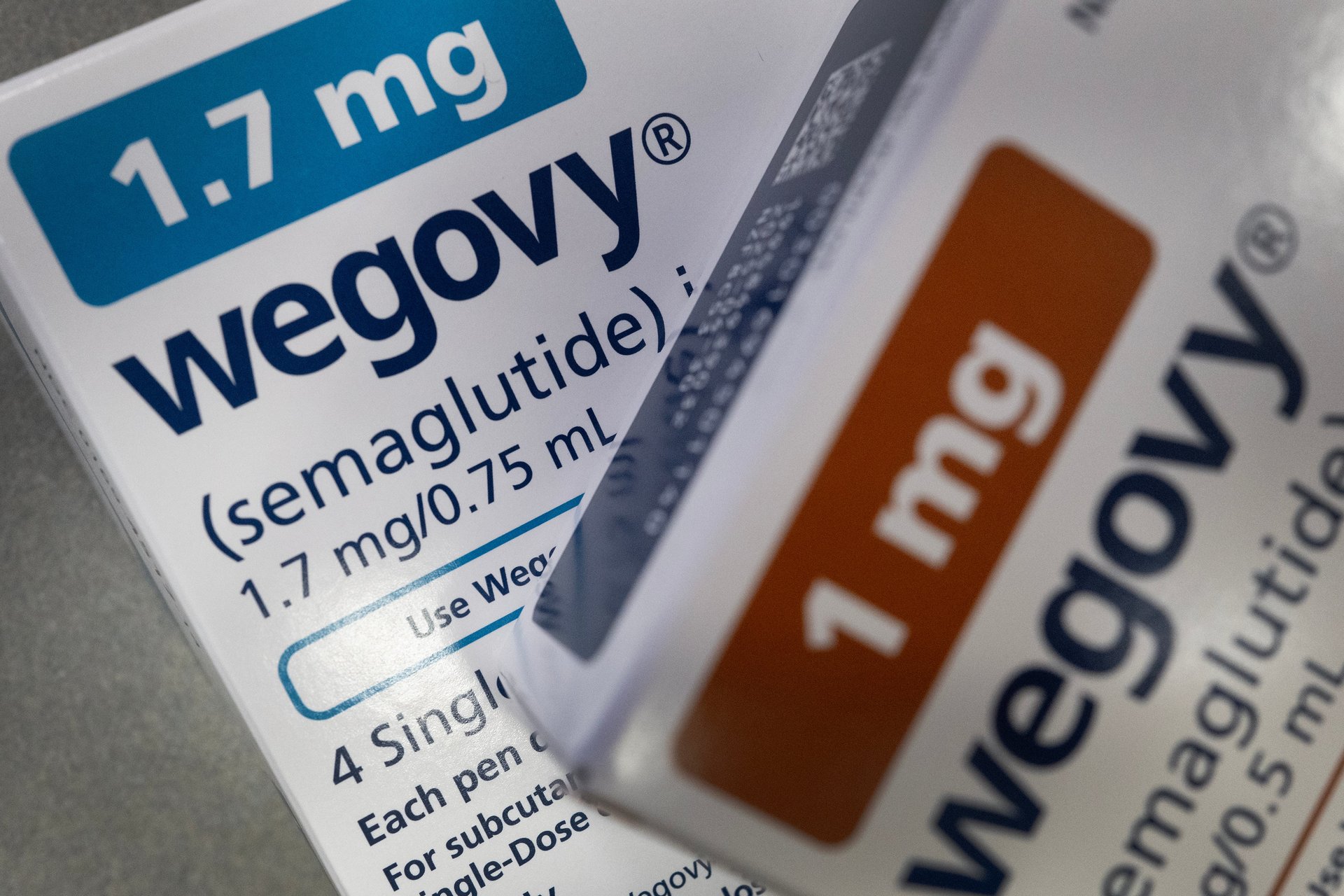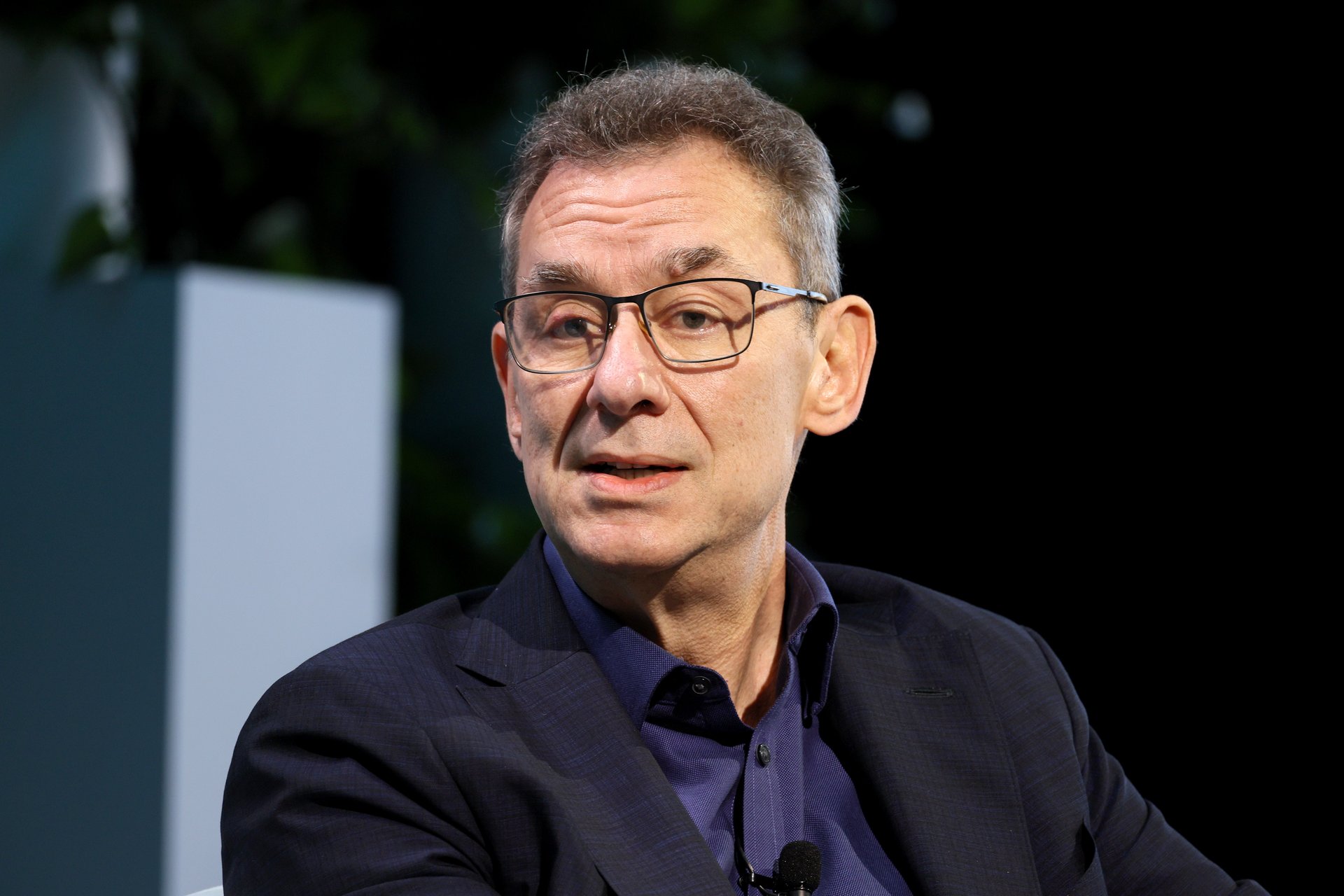Wegovy's price cut, Amgen's Ozempic competitor, and Big Pharma's tax cut: Pharma news roundup
Plus, Pfizer considers moving more production to the US and obesity is on the rise worldwide

Novo Nordisk just cut the price of its weight-loss drug, Wegovy, by more than half for patients who pay without insurance. Amgen (AMGN) announced this week that it has begun two late-stage clinical trials for its experimental weight-loss drug, MariTide. And Big Pharma is lobbying for a tax break that would have saved it at least $15 billion in 2023.
Check out those stories and more pharmaceutical news highlights from this week.
2 / 7

Big Pharma is pushing to bring back a tax break that could have saved them at least $15.4 billion in 2023 alone, according to a new analysis by Americans for Tax Fairness (ATF) and Lower Drug Prices Now (LDPN). The tax break in question allows companies to deduct research and development (R&D) costs in the year they are incurred. The provision went into effect with the passing of Trump’s 2017 tax law — the Tax Cuts and Jobs Act, much of which is set to expire at the end of this year. The companies argue that losing the expensing provision reduces their ability to fund research.
3 / 7

Novo Nordisk (NVO), the maker of the popular diabetes and weight-loss drugs Ozempic and Wegovy, expects at least some short-term impacts from President Donald Trump’s proposed tariffs. “We still have products moving across borders like most global companies,” Novo Nordisk CEO Lars Fruergaard Jorgensen told Bloomberg on Thursday. “Of course there’ll be some short-term impact as we mitigate the impact of tariffs.”
4 / 7

Following in the steps of its rival Eli Lilly (LLY), Novo Nordisk (NVO), the maker of the blockbuster drug Ozempic, is cutting the price of its weight loss drug by more than half for patients who pay without insurance. Novo Nordisk announced on Wednesday that it is now offering all doses of its popular weight loss drug Wegovy for $499 a month. That’s a more than 60% discount from the drug’s $1,349.02 list price. The catch is the offer is only available through the company’s direct-to-consumer service, NovoCare Pharmacy. And it applies only to uninsured patients or those with commercial insurance that doesn’t cover obesity treatments.
5 / 7

Pfizer (PFE) CEO Albert Bourla said on Monday that the drugmaker could move some of its overseas manufacturing to its U.S. plants if necessary, as the Trump administration considers imposing tariffs on pharmaceuticals. Speaking at TD Cowen’s annual healthcare conference, Bourla was quickly asked about his thoughts on the new administration and whether he was surprised by any of its policies. “I knew that we were going to have radical change,” Bourla said. “And with radical change, the status quo is challenged. So, there will be risks and opportunities.” He added that the industry’s current strategy is to stay close to the administration and try to “influence the environment.”
6 / 7

Amgen is getting closer to challenging the weight-loss drug duopoly of Novo Nordisk, the maker of Ozempic and Wegovy, and Eli Lilly, which produces Zepbound. The pharma company announced this week that it has begun two late-stage clinical trials for its experimental weight-loss drug, MariTide. If successful, MariTide could disrupt the market by offering a less frequent dosing regimen than the current weekly injections on the market. The drug has been tested as a once-monthly treatment, as well as with dosing intervals of every other month and once every three months.
7 / 7

Over half of all adults — and a third of children and young adults — around the world are expected to be overweight or obese by 2050, according to a new study published Monday in the scientific journal The Lancet. In 2021, roughly half of all adults worldwide — one billion men and 1.11 billion women over the age of 25 — were overweight or obese.
If current patterns continue, those rates are expected to climb to 57% for men and 60% for women by 2050. The study comes as sales of GLP-1 weight-loss drugs like Novo Nordisk’s Wegovy and Eli Lilly’s Zepbound continue to soar. While they acknowledged the drugs could have some impact, they stressed that medications alone would not be enough to curb the crisis.
